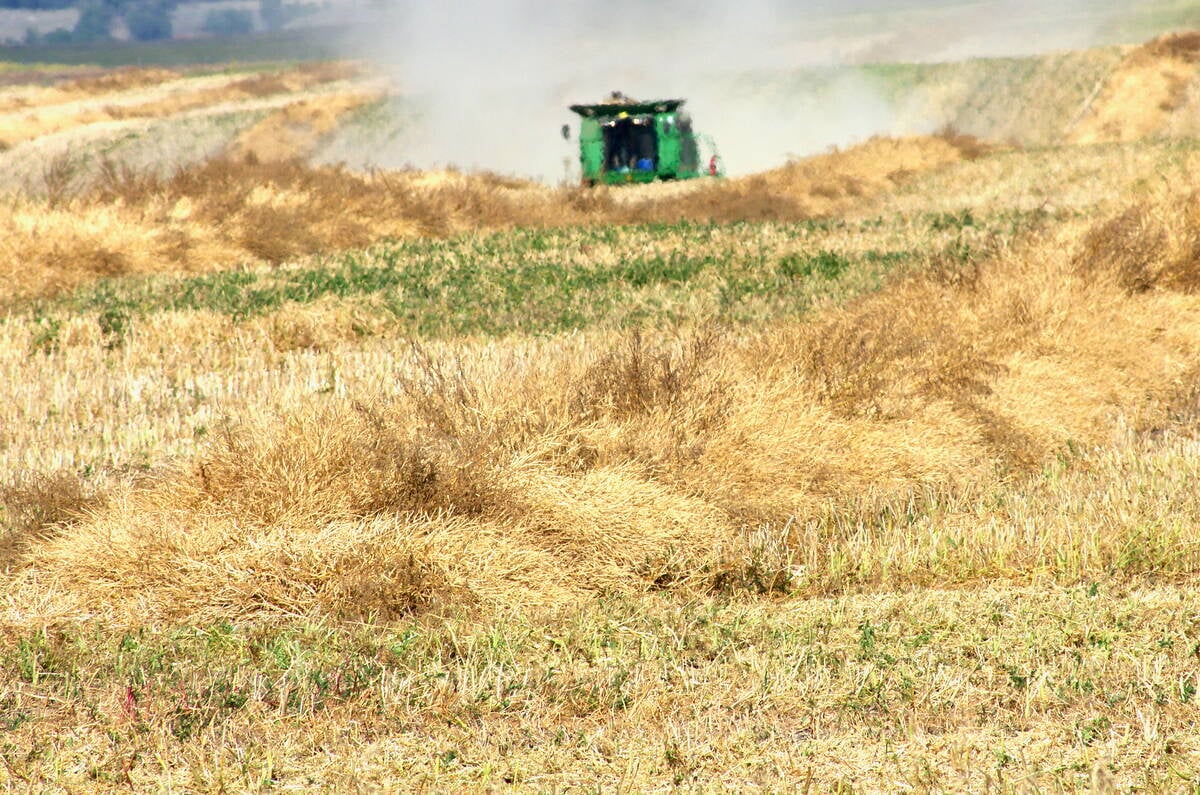MOOSE JAW, Sask. – Farmers in southwestern Saskatchewan should schedule seeding times properly or risk losing as much as one-fifth of their crop.
Yantai Gan, a researcher at the Agriculture Canada research centre in Swift Current, Sask., told growers at a meeting here that they face yield losses of up to 20 percent if they miss optimum seeding dates.
The dates were determined from 12 years of site data.
The optimum dates to seed peas, canola and mustard are between April 24 and May 15, Gan said. Any later and the loss could be 20 percent.
Read Also

Manitoba searches for Plan B on canola oil exports
A new report explores Manitoba’s current canola oil trade and possible alternative markets to the U.S.
The window for planting green lentils and desi chickpeas is much smaller, at May 8 to 15. Yield losses if the window closes could be 16 percent.
Kabuli chickpeas should be sown between May 12 and 22. If planted later, they will not mature and result in a yield loss of about six percent.
Cereals can be planted between May 1 and June 1. Later crops could see a five percent loss.
Many producers are looking to get on their fields as early as possible.
Gan said soil temperature is the critical factor.
“At 5 C of soil temperature, cooler season crops will grow,” he said.
These include field peas, canola and mustard.
But warmer temperatures above 10 C will assure germination.
Gan said it’s important to take two soil temperature measurements.
For example, in one test, on May 8 the morning temperature was 7 C and the afternoon temperature was 13 C, putting the average at 10 C.
Two weeks later, the temperatures were 10 and 18, respectively.
“There is no question about germination,” Gan said of seeding at the warmer temperatures.
Thermometers should be placed to a depth of 15 centimetres, he added.















